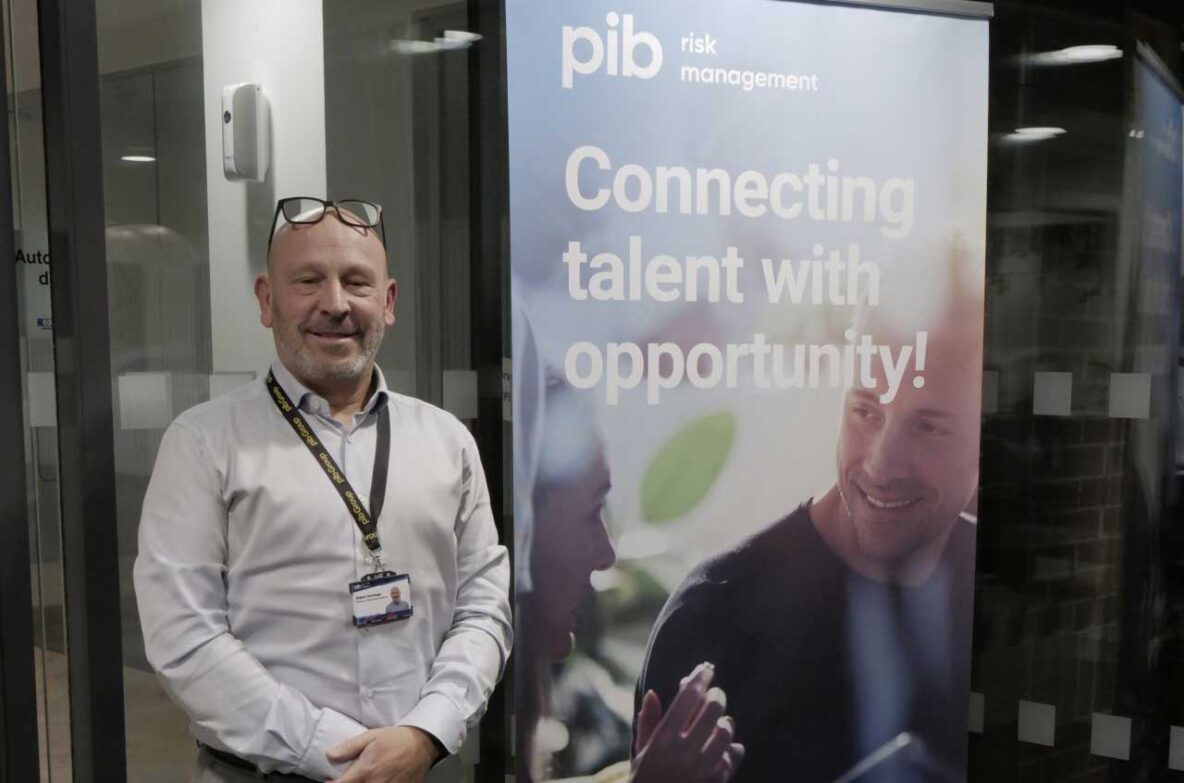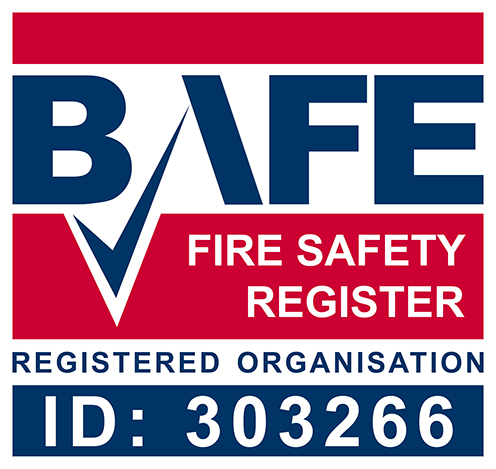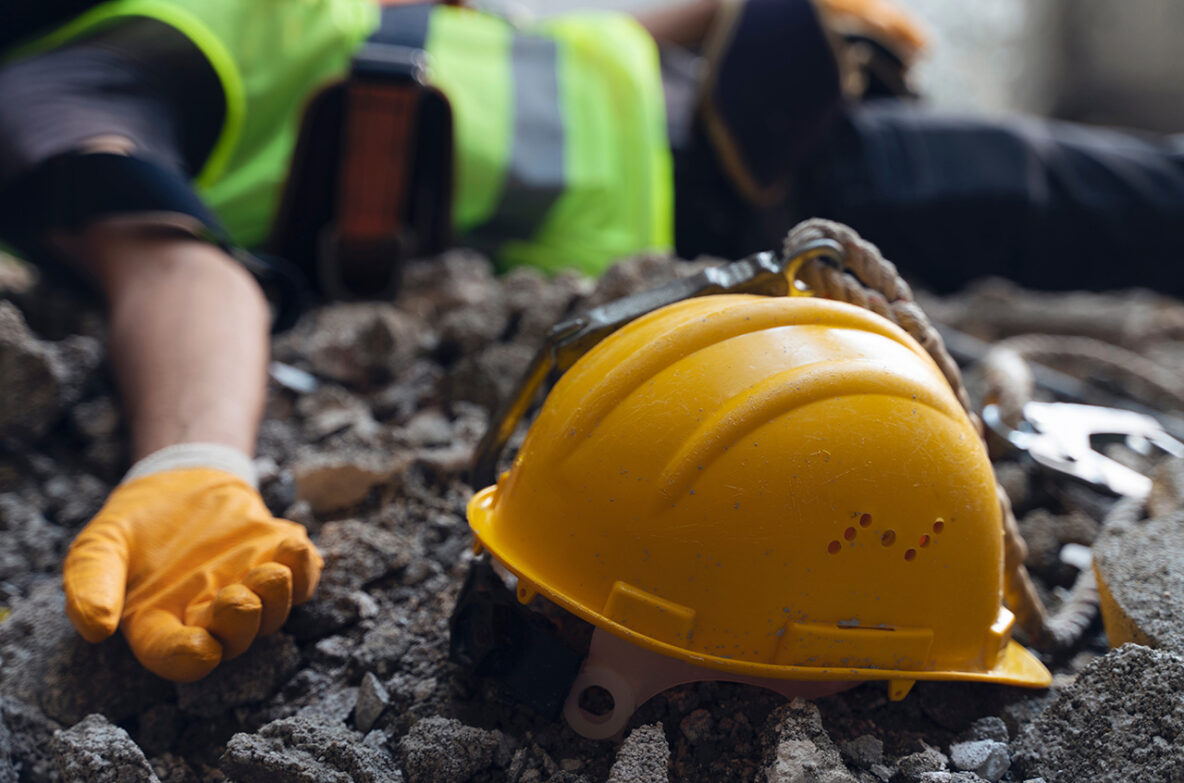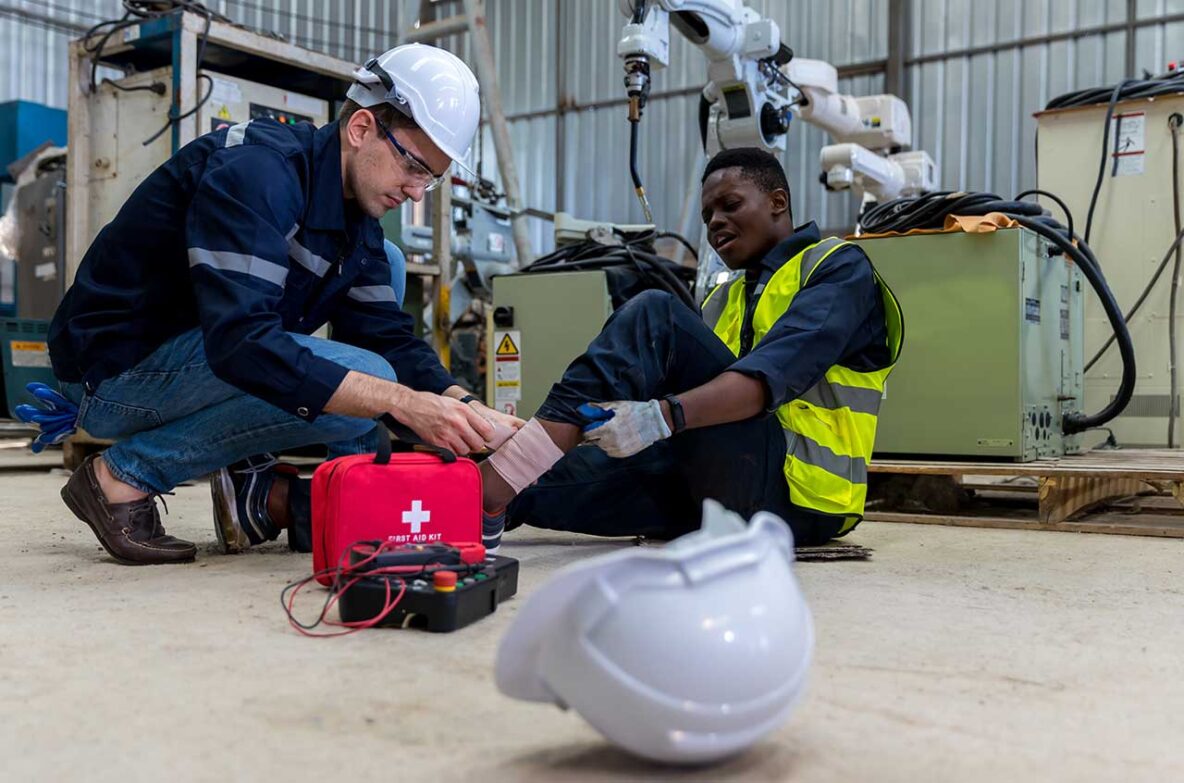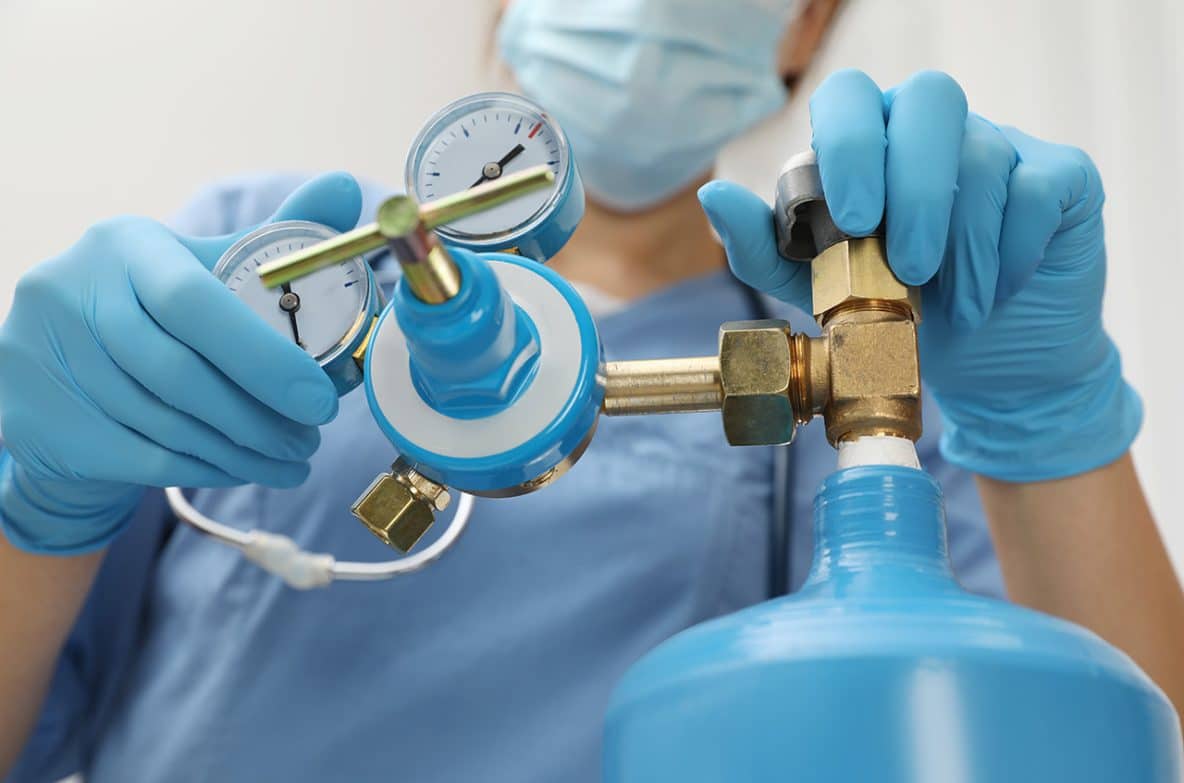Last week, we launched our first job fair in Chesterfield, marking an exciting new chapter in our journey. These events are designed to connect us with talented professionals who are ready to join a dynamic team and make a meaningful impact. Located in the heart of the country, Chesterfield offers an ideal base for our growing operations. Its central location … Read More
Exciting News: We’re Now BAFE SP205 Registered!
We are thrilled to announce that our fire risk assessments are now officially BAFE SP205 registered! After six months of dedication and hard work, we’ve earned this prestigious registration through the SSAIB (Security Systems and Alarms Inspection Board). This achievement underscores our commitment to providing top-tier fire safety services, as our procedures were independently evaluated by an external professional body. … Read More
Fatal Accident Comparing Work to Everyday Accidents
The HSE recently published their latest statistics for fatal accidents at work. These found that of the 138 fatal injuries in 2023/24, the most common fatal incidents to workers involved were: Falls from a height (50 fatalities) Being struck by a moving vehicle (25) Being struck by a moving object (20) Being trapped by something collapsing/overturning (15) Contact with moving … Read More
No Falls Week 2025 Announced
The latest statistics from the HSE show that falls from height accounted for 50 work-related fatalities in the year to March 2024 and approximately 8% of all work-related non-fatal injuries annually. Following on from the initial No Falls Week in 2024, the No Falls Foundation has announced that a second No Falls Week campaign will take place in 2025 running … Read More
Terrorism (Protection Of Premises) Bill Launched
Following the inquiry into the Manchester Arena terror attack in May 2017, earlier in 2023, the Government published a draft Terrorism (Protection of Premises) Bill, also known as Martyn’s Law. Following further consultations, a revised Bill was introduced to parliament on the 12th September 2024. The Bill will apply to a wide range of publicly accessible premises, including shops, food … Read More
Latest Work-Related Fatal Injury Statistics Published
The HSE has published the statistics for work-related fatal injuries for the period from April 2023 to March 2024. The total number of work-related fatalities for this period was 138; this is a slight increase of 3 fatalities from the previous period of 2022-2023. Overall, the statistics continue to follow trends from previous years, with the number of fatalities broadly … Read More
Plans to Tackle Lithium Battery Fires Included in King’s Speech
A new bill that includes proposals to manage the risk of e-bike battery fires has been announced in the King’s Speech in July. The Product Safety and Metrology Bill is intended to support businesses and protect consumers through product regulation. It particularly aims to manage new technologies such as AI and deal with existing challenges associated with new technologies, such … Read More
Updated Compressed Gas Safety Guidance Issued
The British Compressed Gases Association (BCGA) has recently updated a number of their guidance notes and technician information sheets. Updated guidance includes: Guidance Note 40, ‘Medical Gases. Quality Management System Corrective and Preventive Actions. Revision 1: 2024’. This guidance provides information about quality management systems for companies manufacturing and distributing medical gases. The document provides information about corrective and preventive … Read More
UK Workers at Risk from Pipeline Danger
Linewatch, a high pressure oil and gas pipeline safety awareness group, has released an infringement report for data collected throughout 2023. Linewatch focuses on preventing pipeline accidents by raising awareness and encouraging safe working practices. The report focuses on the number and cause of ‘infringements’ reported by members of Linewatch. Linewatch defines infringements broadly and includes anything from people working … Read More
Updated Chemicals Code of Practice in Ireland
The Health and Safety Authority in the Republic of Ireland has published a new code of practice regarding the use of chemical agents and carcinogens. The new Code of Practice combines the 2001 Carcinogen Regulations with its amendments in 2015 and 2019. The Code of Practice outlines various chemical agents and carcinogens and the Occupational Exposure Limit Values associated with … Read More
